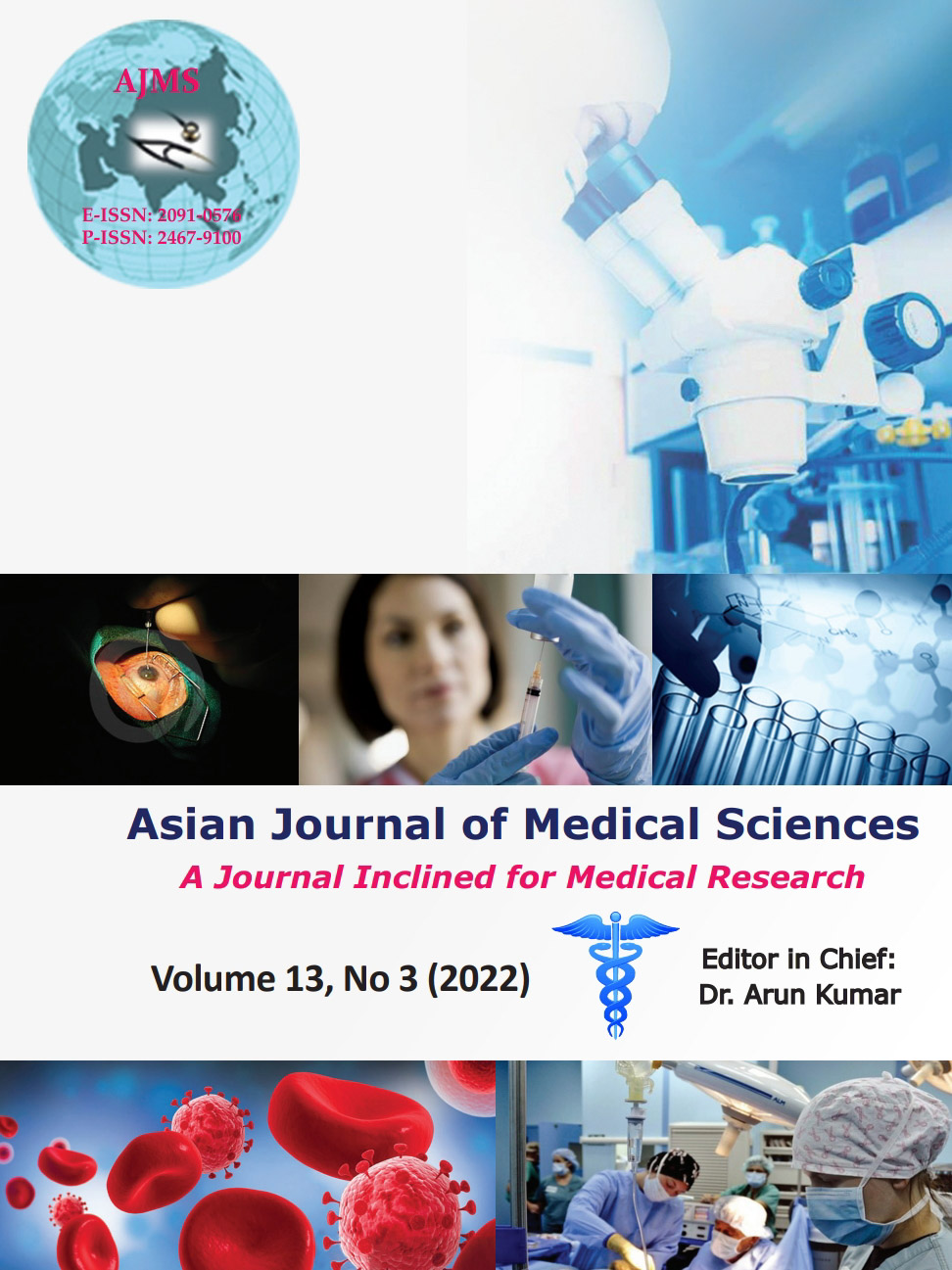Effect of B complex vitamins on life quality and neuropathic pain intensity in patients undergoing hemodialysis
Keywords:
Chronic pain, Chronic renal failure, Drug therapy, Pain, Quality of lifeAbstract
Background: Neuropathic pain (NP) is characterized by chronic pain with a generally strong intensity that leads to limitations regarding activities of daily living.
Aims and Objectives: The aim of the study was to investigate the effect of B complex vitamins on NP intensity and life quality in patients undergoing hemodialysis.
Materials and Methods: A randomized controlled double-blind clinical trial was conducted among hemodialysis patients with clinical diagnosis of NP randomly allocated to two groups: A (gabapentin) and B (B vitamins). DN4, visual analog scale, and Kidney Disease Quality of Life-Short Form questionnaire were used to identify NP, measure pain intensity, and assess quality of life, respectively.
Results: A significant reduction in pain occurred after treatment with gabapentin (P=0.003). In the B group, the reduction of pain went from a mean of 7.27 to 5.09 after treatment (P=0.056). In the A group, a significantly poorer quality of life was reported after treatment in the social relations domain (P=0.010). A significant improvement in quality of life and environment domains (P=0.025 and 0.049, respectively) was reported after use of B vitamins.
Conclusion: These findings demonstrate that B complex vitamins for the treatment of NP in hemodialysis patients should be investigated further, as this form of treatment contributed to a reduction in pain intensity and suffering with no side effects and at low cost.
Downloads
Downloads
Published
How to Cite
Issue
Section
License
Copyright (c) 2022 Asian Journal of Medical Sciences

This work is licensed under a Creative Commons Attribution-NonCommercial 4.0 International License.
Authors who publish with this journal agree to the following terms:
- The journal holds copyright and publishes the work under a Creative Commons CC-BY-NC license that permits use, distribution and reprduction in any medium, provided the original work is properly cited and is not used for commercial purposes. The journal should be recognised as the original publisher of this work.
- Authors are able to enter into separate, additional contractual arrangements for the non-exclusive distribution of the journal's published version of the work (e.g., post it to an institutional repository or publish it in a book), with an acknowledgement of its initial publication in this journal.
- Authors are permitted and encouraged to post their work online (e.g., in institutional repositories or on their website) prior to and during the submission process, as it can lead to productive exchanges, as well as earlier and greater citation of published work (See The Effect of Open Access).




